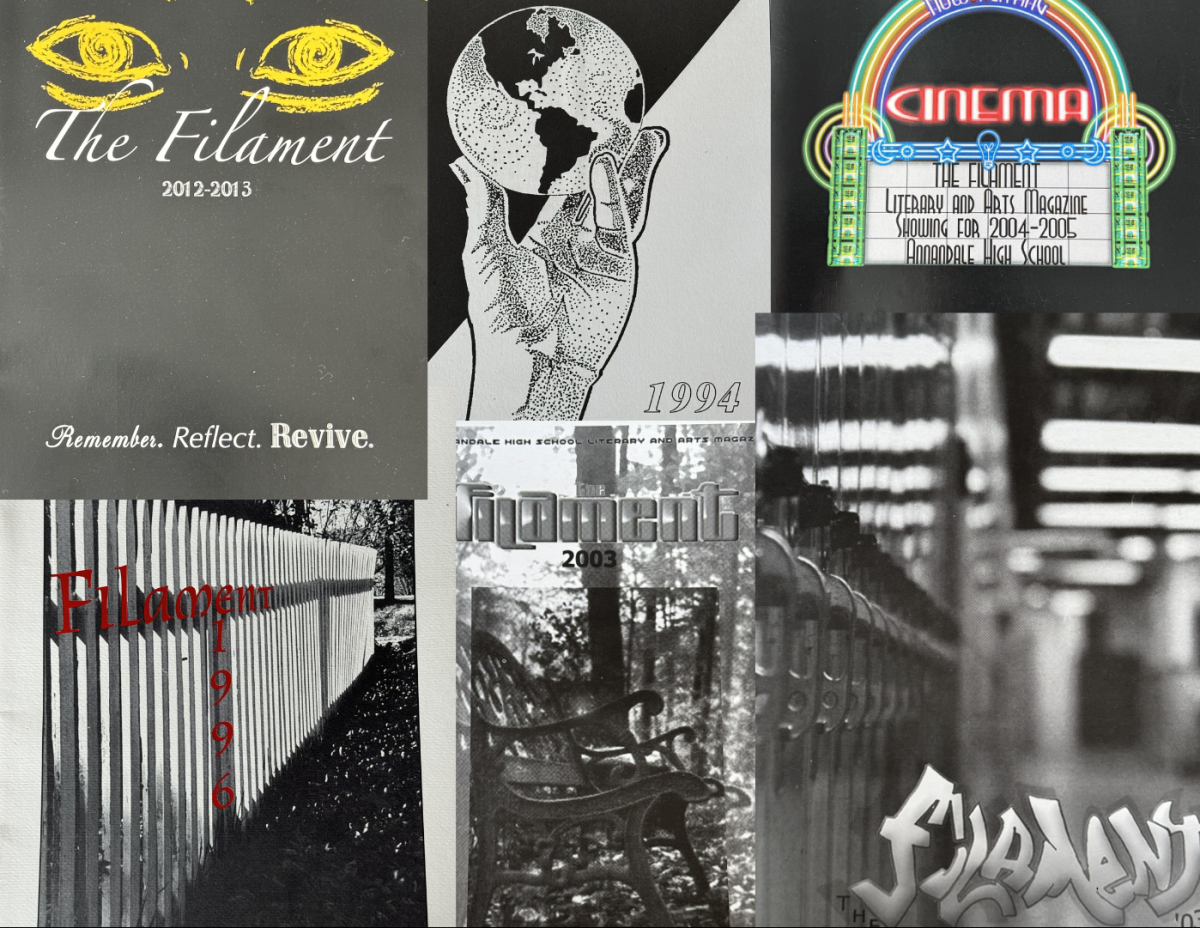War today is not being fought by just gun and knife. It is not being waged on the land or in the seas. It is being fought electronically, where the battlefield is composed of highways of thin wires that transmit information nearly instantaneously.
There is little surprise that one of the biggest projects our government and world governments are working on is internet control.
The Cyber Intelligence Sharing and Protection Act (CISPA) is the latest innovation our representatives have introduced and passed in the House. Along with SOPA, PIPA, and ACTA (the global version), CISPA is just another attempt to curtail how people can use the internet and increase the authority the government has in our country.
Although the two-pronged attack of SOPA and PIPA was met with a sizeable amount of adversity, CISPA seems to have escaped the larger public. Unfortunately, CISPA is just as dangerous as its older brethren, if not more so.
The old bills’ goals are to protect intellectual property and target rogue websites that traffic counterfeit goods—all that good stuff.
But there is a catch.
These bills were vague in defining their targets, their execution and their persecution. They would have granted the government and the judges an abscess of power in choosing what websites were “rogue” and would transition our censorship policy into that of China or Iran. Websites like Google would have been taken down if they had—and they do—content that is deemed infringing by officials.
In addition with CISPA, these bills would strengthen the relationship between corporations and the government and silence speech online. Notices could be sent to blacklist “dangerous” sites and limit anyone from accessing them. The intense lobbying efforts of Corporate America and Hollywood would only be sweltered with these bills, leading to a decrease in personal political power.
Another goal some government officials say these bills, especially CISPA, would be used for is online terrorism. But let’s connect the dots.
CISPA would grant the government and corporations the power to monitor our activities and information online. Big Brother and 1984 sound familiar? The bill would allow the government and collaborating corporations to plan and organize quickly on the internet and eliminate online threats.
With the Patriot Act and recently the National Defense Authorization Act of 2012 (NDAA), the threat of terrorism is obviously a major deal to our representatives. So much in fact, that the Constitution and civil liberties, the core principles of our nation, are being usurped. You can be arrested and detained indefinitely for being “suspected” of being involved in terrorist activities without access to an attorney or trial by jury under the NDAA. In the name of heightened “security”, we are giving up our precious liberty. Under CISPA, we would be giving up our privacy and inaugurating another piece of an authoritarian government.
Bills like CISPA would make censorship an accepted component of our “free” society. Censorship leads to ignorance; an intelligent nation needs to be educated and aware. The Internet is a major force to increase awareness rapidly, and we need it to be open and free from needless monitoring.
For example, during the Arab Spring, the mass of information was not passed orally, by phone or by flyer, but online through means like Twitter and Facebook. Autocratic governments were quick to shut down social media after learning of their power to change.
Governments have more control over their constituents and their activities if their means of communication is controlled. In our country, the US Department of Homeland Security (DHS) has created a “Social Networking Monitoring Center” to collect and analyze social media and other online communications.
These things cannot go on any further.
CISPA is not the answer to the problems plaguing the Internet. It is a devious action that would undermine our principles of governance and our natural lives. We the people need to stop these bills and actions before they are enacted. Stand up for what is right.








